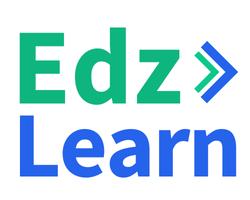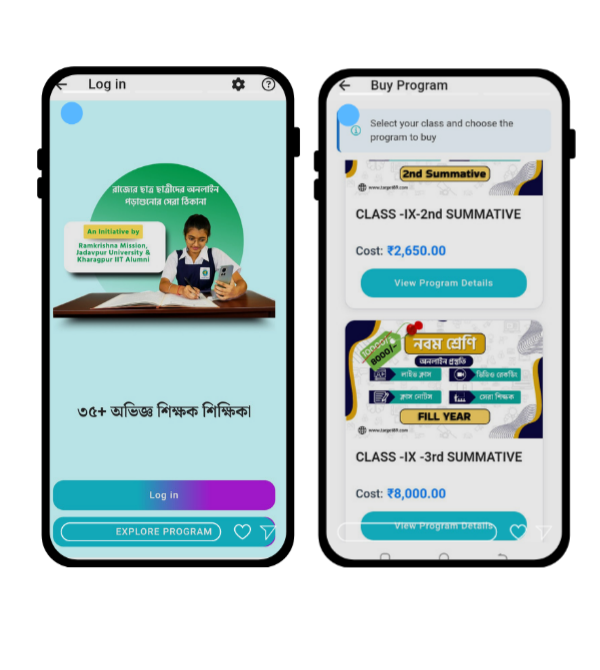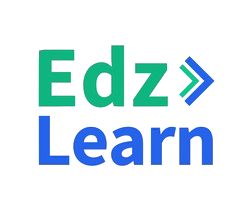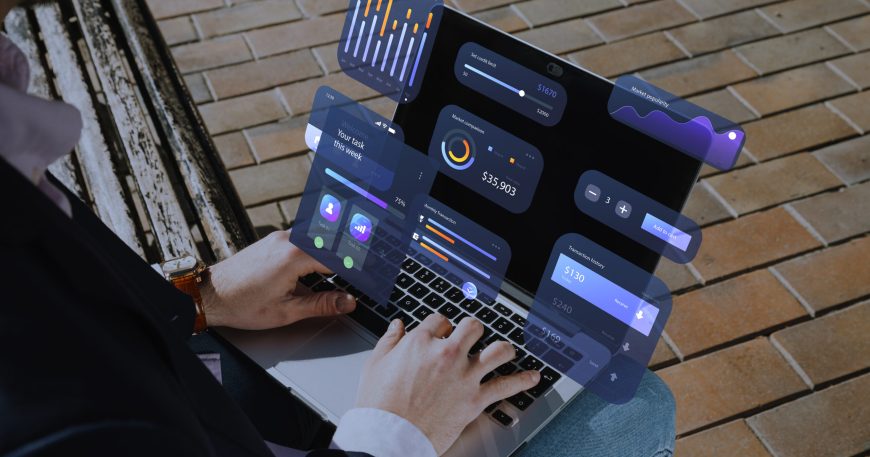Reporting and Tracking in Modern LMS Platforms
In today’s fast-paced educational and corporate training environments, the ability to effectively monitor and analyze learning activities is paramount. Advanced Learning Management Systems (LMS) have evolved to offer robust Reporting and Tracking in Modern LMS Platforms, enabling organizations to gain deep insights into learner engagement, course effectiveness, and overall training impact.
The Importance of Reporting and Tracking in Modern LMS Platforms
Reporting and tracking functionalities are the backbone of any LMS, providing administrators and educators with critical data to assess and enhance the learning experience. These features allow for:
- Monitoring Learner Progress: Track individual and group progress through courses, identifying areas where learners excel or struggle.
- Assessing Course Effectiveness: Evaluate which courses are meeting learning objectives and which may require adjustments.
- Ensuring Compliance: Maintain records of training completion, essential for industries with regulatory requirements.
- Informing Strategic Decisions: Use data-driven insights to shape future training programs and allocate resources effectively.
Key Features of Advanced Reporting and Tracking in Modern LMS Platforms
Modern LMS platforms offer a suite of features designed to provide comprehensive insights:
1. Real-Time Dashboards
Interactive dashboards present real-time data on learner activity, course completion rates, and assessment scores, allowing for immediate intervention when necessary.
2. Customizable Reports
Tailor reports to specific metrics and KPIs relevant to your organization’s goals, whether it’s tracking time spent on modules or analyzing quiz performance.
3. Automated Notifications
Set up alerts for key events, such as course completions or overdue assignments, to keep learners and instructors informed and engaged.
4. Data Export Options
Export reports in various formats (e.g., PDF, Excel) for sharing with stakeholders or integrating with other systems for further analysis.
5. Integration with Other Tools
Seamlessly connect the LMS with HR systems, CRM platforms, or analytics tools to create a unified view of organizational learning.
Benefits of Effective Reporting and Tracking
Implementing robust reporting and tracking within your LMS can lead to significant advantages:
- Enhanced Learner Engagement: By understanding how learners interact with content, you can tailor experiences to keep them motivated.
- Improved Training Outcomes: Identify and address gaps in knowledge promptly, leading to better retention and application of skills.
- Operational Efficiency: Automate administrative tasks related to tracking and reporting, freeing up time for strategic initiatives.
- Strategic Alignment: Ensure that training programs are aligned with organizational objectives and adjust them based on performance data.
Conclusion
Incorporating advanced reporting and tracking features into your LMS is not just about data collection—it’s about transforming that data into actionable insights that drive learning success. By leveraging these tools, organizations can create more effective, engaging, and efficient learning environments that meet the evolving needs of learners and the business alike.
This Blog is Written By Ritika Saxena,
Content Writer and Social Media Manager At
Edzlearn Services PVT LTD.
For More Information Connect With Her on Linkedin : https://www.linkedin.com/in/ritika-saxena0355/
Read our Recent Blogs: https://edzlms.com/blogs/
Download our Recent Case Study: https://edzlms.com/case-study/For anything related to LMS, feel free to reach out or book an appointment at : https://calendly.com/edzlms/30min.















